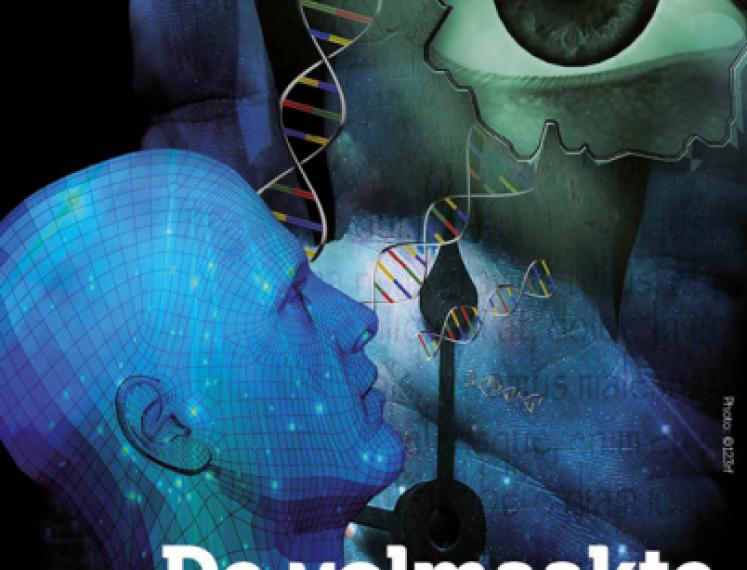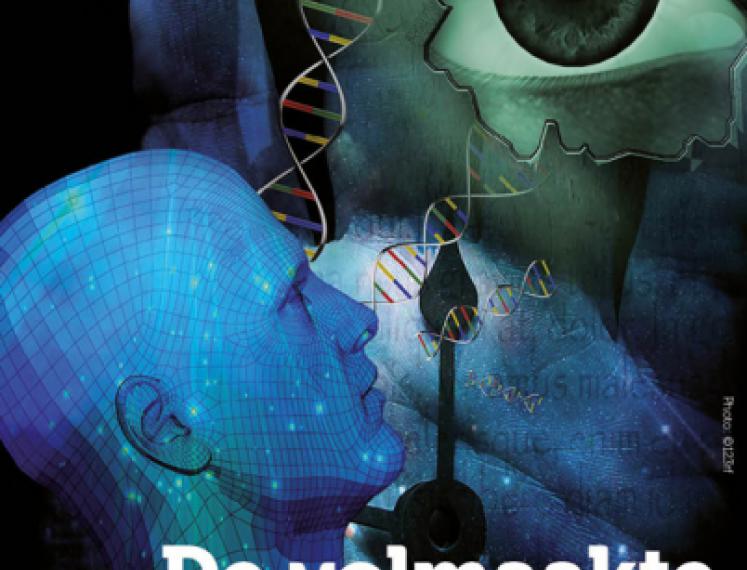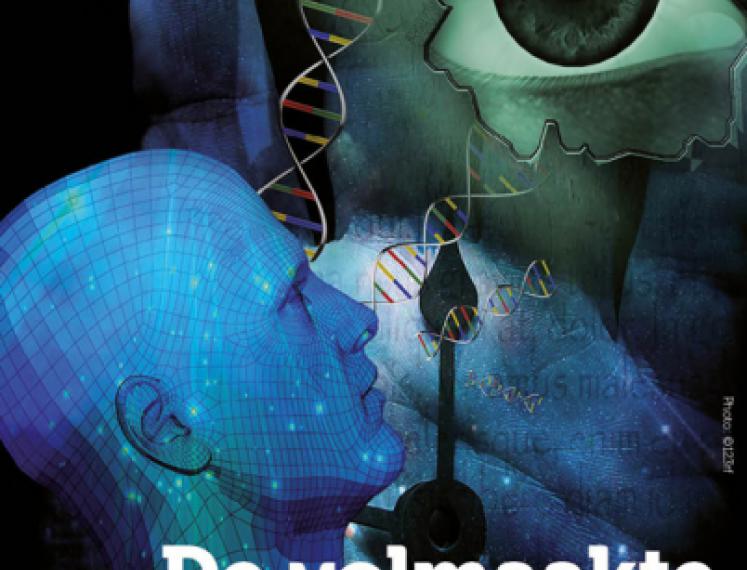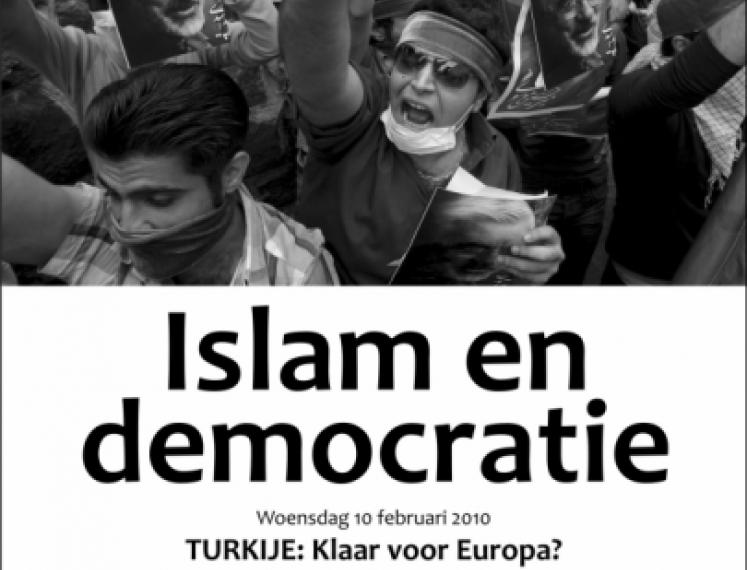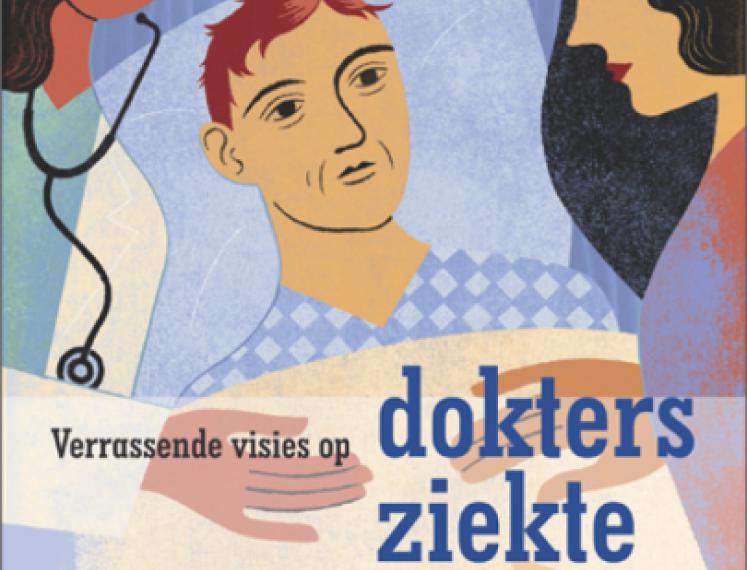Academiegebouw
Broerstraat 5
9712 CP Groningen
Nederland
Humans in Science Fiction
Science fiction was invented to imagine a future where technology could save mankind. However, what does it mean in science fiction to be human?
The question of humanity is central in science fiction. Developed at the end of the 19th century to imagine a future where technology could save mankind, science fiction constantly asks its readers and viewers the question: ‘what if?’. Science fiction cannot predict the future yet can contribute to inventing or preventing it. Now that technology is developing almost faster than imagination, humanity is forced to ask more pressing questions about its nature to decide in which direction to expand. Science fiction can help by offering ‘Others’ to compare our humanity with, such as robots, cyborgs or aliens. If we are able to improve ourselves or create comparable life forms, what does it mean to be human? Can humans become the gods they have been worshipping for so long? And in the future, will there be conflicts between ‘real humans’ and ‘perfect humans’, the newer version of gods?
Etienne F. Augé received his doctorate in History from EHESS in Paris. He is Senior Lecturer at the Department of Media and Communication at Erasmus University Rotterdam and specializes in Strategic Mass Communication. He is founder and director of CHIFT, a platform designed to study and produce science fiction in The Netherlands.
